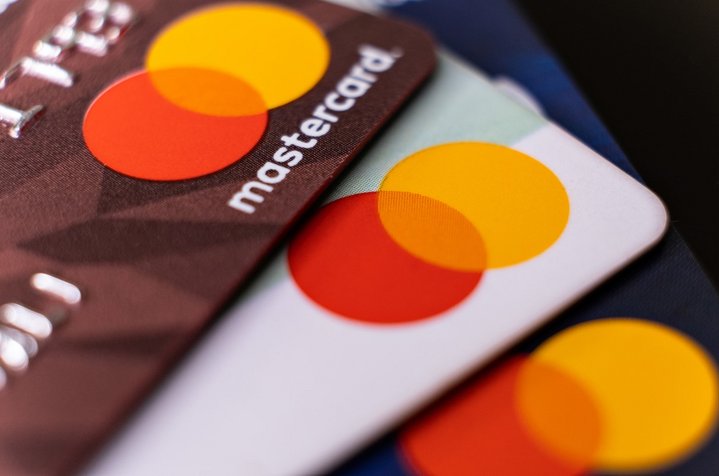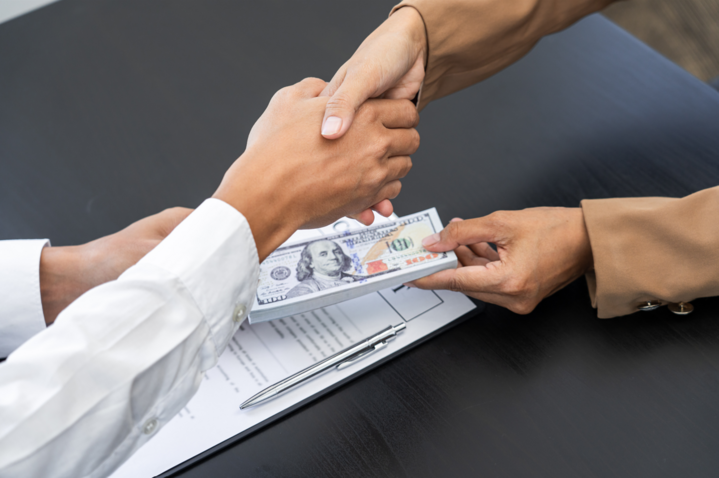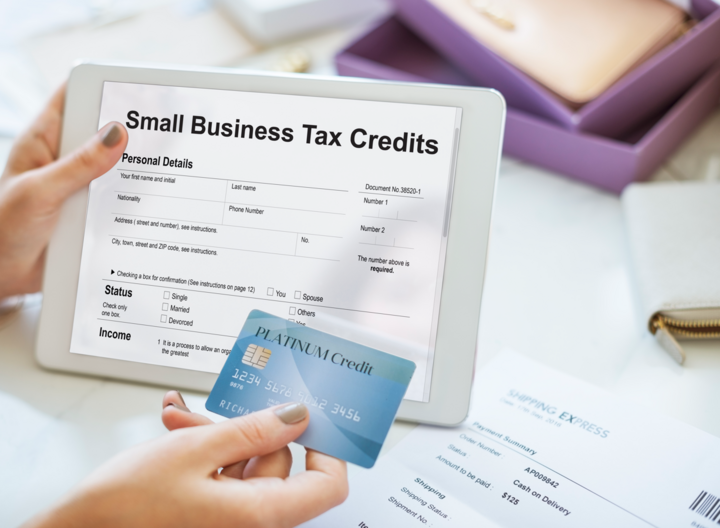Anyone who uses a credit card frequently is familiar with the term credit card fraud. While that piece of plastic is extremely useful (and in many cases indispensable) for consumers, it cannot be denied that every year millions of dollars are lost due to credit card fraud. The interesting thing to note about credit card fraud is that it comes in many shapes and forms.
While there are many criminals who use payment cards to siphon off money from consumers accounts, there are an equal number of fraudsters who succeed in stealing money without the possession of credit cards. Moreover, while some fraud is committed by tricksters with the intention of obtaining funds, there are others that are carried out to obtain goods for free.
It is heartening to know that credit card issuers and banks work around the clock to detect card fraud to put a stop to such occurrences. Nevertheless, it helps to be aware of the following 8 types of credit card fraud that can grab hold of you any time.
- Application Fraud: This takes place when criminals apply for a credit card in your name. As a result, you not only have to deal with credit card fraud but also identity theft. Though banks try to prevent the occurrence of such fraud by asking for original documentation and telephoning employers to confirm your identity, criminals get around this difficulty by forging documents and providing false phone numbers for places of employment.
- Credit Card Imprints: In this case, the criminal manually or electronically skims information placed on the magnetic strip of the card and uses it to create a fake card or conduct fraudulent transactions. Discover more about credit card skimming and how you can protect yourself from it here.
- Card Not Present (CNP) Fraud: As the name suggests, this fraud does not require the presence of a physical card. The scam is carried out over the phone, mail or internet when tricksters know the account number and expiration date of your card. Even if you use a card that requires a verification code, fraudsters try various combinations on small purchases until they figure out the correct number. So always be on the lookout for small unfamiliar items on your statement.
- Counterfeit Card Fraud: Criminals can create a functional, fraudulent card by skimming your card details. Or, if they know your card information, they can create a fake card that holds your details, but whose magnetic strip doesn’t work. In that case, they convince the merchant that something is wrong with the card and have them enter the card details by hand.
- Lost and Stolen Card Fraud: This happens when a card is taken from your possession through theft, or when you lose it, and it falls into the hands of a criminal. Here is what you should do anytime your card is lost or stolen.
- Mail Intercept Fraud: Let’s say you were expecting a new or replacement card in the mail from an issuer, and a criminal is able to intercept it. In that case, it is likely that he will register the card and use it to make purchases on your account.
- Doctored Cards: These are cards where a strong magnet is used to first erase the magnetic stripe, and then the information is skillfully changed to match those of valid cards. Though these cards don’t work when swiped, the criminal uses his charm to convince the merchant to enter the card details manually.
- Account Takeover: This is perhaps the most common type of credit card fraud and takes place when a criminal obtains all pertinent information and documents. Usually this is done online. The fraudster then impersonates the cardholder and requests a replacement card and for the address to be changed. Once the new card is received, the trickster makes charges to your account.
The best way to protect yourself from credit card fraud is to keep tabs on your credit report. Monitor your card statements and immediately call your issuer if you see suspicious transactions, no matter how small the amount. In additions, you should take these steps to prevent identity theft. Here is what you should do in case someone ever opens an account in your name despite all your precautions. If you are careful, you can usually avoid being adversely affected by credit card fraud.
$50,000 - $250,000 of Unsecured Credit at 0% Interest:
At Fund&Grow, we help clients with good credit obtain $50,000 - $250,000 of unsecured credit at 0% interest for a period of 6, 12 or 18 months. The amount can be used for anything, from funding a business to providing a down payment on a property. So, if you have this kind of requirement, call us at (800) 996-0270 and we’ll help you reach your financial goals.
Popular Posts
Instantly Pre-Qualify
Want Actionable Information, Tools and Resources To Quickly Acquire Business Capital, Credit and Funding?
I take tremendous pride in building positive and lasting relationships in my businesses and personal life. Every member of my team is committed to helping our clients get the maximum amount of funding possible and achieve their highest growth potential.



 Share
Share









